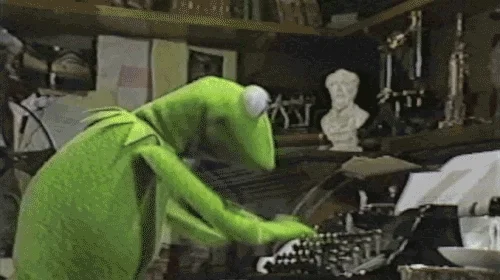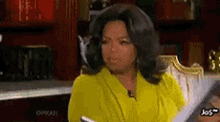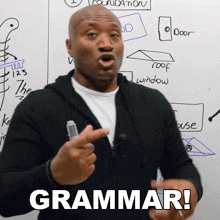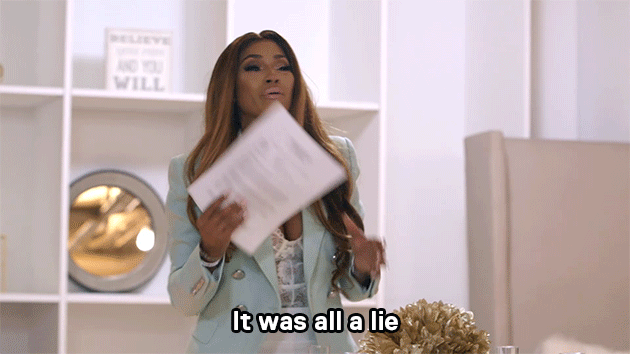fear of writing and how to silence it
I mentioned in The Role of Prayer and Trust that I leaned into fear when trying to develop my writing rituals. But transparently, that’s not the only time fear has crept into my aspirations of becoming a writer.
In order to work through that fear, I first had to understand its origin and how it quietly embedded itself into my creative journey.
Where It Began
Fear showed up on a cold, stormy day in 1992, in California. Not far from Death Valley.
You know, where The Undertaker and his brother Kane were born and bred?
I kid, I kid.
But seriously, it was around 992, and we were stationed on Edwards Air Force Base in California. I was in second grade when my teacher broke the news to my parents: I was behind in reading. I remember begging them for Hooked on Phonics, hoping it was the answer to my silent prayers. Who wanted to be the slow reader in class? Certainly not me.
They couldn’t afford the program, but they did the best they could with what we had.
A few short months later, we moved to Delaware and I was placed in a remedial reading class. Enter insecurity, stage left. And his understudy? Fear, lurking just behind the curtain.
The Insecurity That Stayed
I didn’t spend long in that reading class, but the feeling of “less than” stuck around. I worked hard, really hard, to excel academically, hoping the shame would fade. And while I didn’t fall in love with reading like many writers do in childhood, I did fall in love with writing. I began crafting stories on my dad’s old Dell desktop, and you know what?
Fear didn’t exist there. Just me and my imagination. And I never wanted that freedom to fade.
Until it did.
High School Heartbreak
By 11th grade, I’d worked myself into Honors English. We were preparing to take the Georgia High School Graduation Test in writing, and I felt good. Actually, I felt great. That old familiar freedom returned as I completed the exam. I smiled leaving the classroom, thinking:
“Whoever reads this masterpiece is going to lose it. They’ll be like, who is this girl?”
And I still believe someone probably did think that. Just... not in the way I’d hoped. Because I barely passed the test.
I was inconsolable. My Oprah’s Book Club debut novel dreams?
Down. The. Cr*pper. Fear came right up to me, planted itself by my side, and never left.
The Grammar Gloom
From that moment on, I couldn’t even look at what I did well.
I could only see the flaws. It was the G-word. You guessed it, grammar. Comma splices danced on the grave of my writing dreams. Let’s not even talk about spelling or subject-verb agreement.
That fear of being “less than” brought everything to a halt. I told myself: There’s no way I’m meant to be a writer if I can only barely pass a basic writing test.
I wrote on and off over the years, mostly when life knocked me on my behind and I needed an outlet. There was even a blog I deeply regret not continuing. I was too afraid to share my voice, even after my therapist encouraged me to write, and those closest to me told me, “You’re a writer.” But fear wouldn’t let me believe them.
I told myself:
You’re a slow reader.
You have comprehension issues.
Grammar is like a foreign language to you.
And so, I dabbled. In and out. No serious pursuit. Until July 2024.
And I haven’t looked back.
Here’s How I’ve Been Working Through Fear
1. Acknowledge It
Naming fear takes its power away. It allows you to see it for what it is:
A lie.
I’m not “less than.” I just am. And I have strengths, God-given gifts, and abilities just like you. I also have weaknesses. That just makes me human.
2. Lean Into Collaboration & Community
Trust others to help fill in the gaps, editors, beta readers, critique groups.
And don’t underestimate the power of community. I recently went to the Georgia Writers Association’s Red Clay Conference and met an amazing person named Elliot. I told them I stopped writing because my grammar was terrible.
Elliot said:
“Welcome to being a writer.” That one sentence lifted a weight off me.
3. Pause the Self-Critique Spiral
If I read over my work and catch myself thinking, “This sucks!” I stop. I put it down. I let it breathe. It’s usually not as bad as I think, and when I give it space, I can be more objective.
If I’m in a healthy headspace, I can give myself critical feedback and move forward. But I refuse to review my work through doo-doo-stained glasses.
Not today, insecurity. Not today.
4. Don’t Run From It—Run Through It
I’m not saying you should induce a panic attack or put yourself in danger. But if you find yourself running from something… finishing a manuscript, sending your draft to an editor, querying, pause and ask why.
What’s really at the root of that fear? Then run through it.
We can’t keep closing our eyes and hoping fear will disappear. It won’t. But if you open your eyes, you might see… There’s nothing actually there. Just a figment of your imagination.
Final Thoughts
I’m not fearless. I’m faithful. And I’m done letting fear tell my story.
I hope you are too.




